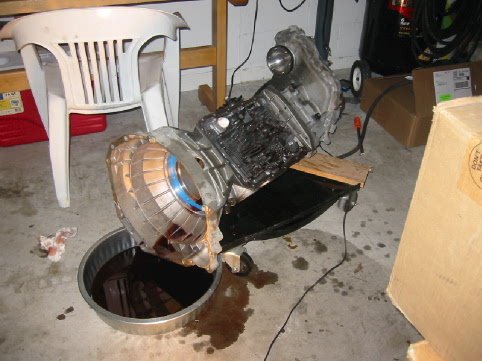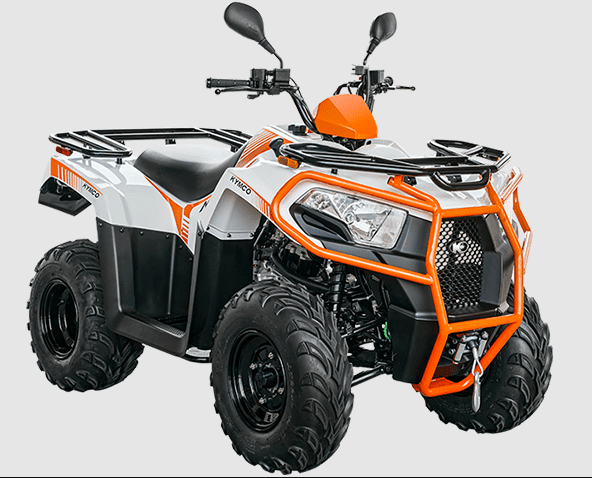2002 Mercury Mountaineer Transmission Problems & Fixes
The 2002 Mercury Mountaineer is a mid-sized SUV that was manufactured by Ford. It is based on the Ford Explorer and shares many of its components. The Mountaineer was introduced in 1996 as a 1997 model year vehicle.
Early models were plagued with transmission problems, which led to numerous recalls and warranty extensions. Despite these issues, the Mountaineer remained popular and continued to be sold until 2010.
If you’re looking for a used SUV, the 2002 Mercury Mountaineer might be a good option. But beware of potential transmission problems.
According to Consumer Reports, the 2002 Mountaineer is one of the most reliable used SUVs on the market.
However, they also warn that transmission problems are common. So if you’re considering this vehicle, be sure to have it inspected by a qualified mechanic before making your purchase.
There have been numerous reports of transmission failure in the 2002 Mountaineer.
In some cases, the transmission will completely fail and need to be replaced. This can be a very costly repair, so it’s important to be aware of the possibility before buying this SUV.
If you do end up with a Mountaineer that has transmission problems, there are some things you can do to try and prolong its life.
First, make sure you always use fresh fluid when topping off or changing the fluid altogether. Also, avoid excessive idling and hard acceleration whenever possible. If you take good care of your Mountaineer’s transmission, it should last for many miles without any major issues.
Transmission Problems (Mountaineer/Explorer)
What are Early Signs of Transmission Failure?
There are several early signs of transmission failure. The most common is a grinding or whining noise when the vehicle is in gear. This is caused by a lack of lubrication and can be an indication that the transmission is not getting the proper amount of fluid.
Another common sign is a burning smell coming from under the hood. This can be caused by overheating, which is often caused by low levels of transmission fluid. If you notice either of these signs, it’s important to have your vehicle checked out by a qualified mechanic as soon as possible to avoid further damage.
What are the Most Common Transmission Problems?
There are a few transmission problems that are more common than others. Here is a list of the most common transmission problems:
1. Transmission slipping – This is when the transmission loses grip and slips while in use.
This can be caused by a variety of things, such as low fluid levels, worn out clutch, or faulty sensors.
2. Rough shifting – This is when the transmission shifts harshly or abruptly. This can be caused by low fluid levels, dirty fluid, or worn out parts.
3. Delayed engagement – This is when there is a delay before the transmission engages into gear. This can be caused by low fluid levels, dirty fluid, or a problem with the shift solenoid.
4. Gear slippage – This is when the transmission slips out of gear while in use.
This can be caused by low fluid levels, worn out parts, or faulty sensors.
What is the Most Common Cause of Transmission Failure?
There are a number of potential causes of transmission failure, but the most common is probably due to a problem with the clutch. If the clutch is not engaging properly, it can cause the transmission to slip, which can lead to failure. Other potential causes include problems with the gears or bearings, or a leak in the hydraulic system.
What Transmission Does a 2002 Mercury Mountaineer Have?
In 2002, the Mercury Mountaineer came standard with a five-speed automatic transmission. This transmission was designed to give drivers a smoother ride and better fuel economy. It was also paired with a V8 engine for added power.
For those who wanted more control over their vehicle, there was also an optional six-speed manual transmission available.

Credit: m.carcomplaints.com
Mercury Mountaineer All-Wheel Drive Problems
If you’re having problems with your Mercury Mountaineer’s all-wheel drive, there are a few things you can do to try and troubleshoot the issue. First, check your owner’s manual to see if there are any specific instructions for your vehicle. If not, the following tips may help.
One common issue is that the all-wheel drive may not engage properly if the vehicle is parked on an incline. To test this, try parking on level ground and see if the all-wheel drive engages. If it does, then the problem may be with how the system is engaging when on an incline.
Another possibility is that there is something blocking the front wheels from engaging properly. This could be something as simple as snow or ice build-up around the wheels. Try clearing away any debris and see if that fixes the problem.
If neither of these solutions works, it’s possible that there is a more serious issue with your all-wheel drive system and you should take it to a qualified mechanic for further diagnosis.
Conclusion
If you’re having transmission problems with your 2002 Mercury Mountaineer, you’re not alone. Many Mountaineer owners have reported issues with their transmissions, ranging from strange noises to complete failure. In most cases, the problem can be traced back to a faulty transmission control module (TCM).
The TCM is responsible for controlling the shifting of gears in your vehicle, and when it fails, it can cause all sorts of problems.
There are a few different ways to fix a failing TCM, but the most common and effective method is to replace it with a new one. This can be done at your local auto parts store or by hiring a professional mechanic.
Whichever route you choose, make sure that you get the job done right so that you don’t have to deal with these transmission problems again down the road.

